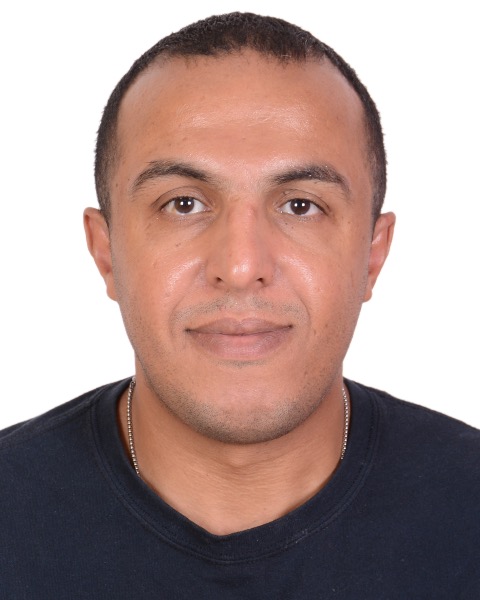General Pediatrics: All Areas
General Pediatrics 5
398 - Soft Palate Manipulation By Traditional Healers To Treat Infant colic and Poor Feeding: Perception and Safety!
Publication Number: 398.314

Yossef Alnasser, MPH Candidate 2024 (he/him/his)
Student
George Washington University School of Public Health
Washington, District of Columbia, United States
Presenting Author(s)
Background:
Infant colic can be anxiety-provoking for many families. A mother might struggle with feeding her infant even if a child does not suffer from infant colic. Young and experienced mothers might seek complementary medicine. In Saudi Arabia, infant colic and poor feeding have been treated by traditional healers for decades. Traditional healers use a maneuver called “Autheem."
Objective:
This ongoing study aims to assess Saudi mothers’ attitudes toward “Autheem” and identify influencing factors to using such therapy. At the same time, the study is focusing on the impact of maneuvering the soft palate and elevating anterior fontanelle on growing brains.
Design/Methods:
This study is adopting a cross-sectional methodology to capture children at age of 36 months who underwent “Autheem” therapy. The study meets mothers in waiting areas for general pediatric clinics in Riyadh, Saudi Arabia. After surveying mothers regarding attitude and safety, mothers have been answering the “Ages and Stages Questionnaire” to assess their children’s development.
Results:
The ongoing study attracted well-educated mothers (high school graduates and higher). Most mothers are aware of this traditional practice before their pregnancy. Their main sources of information are their mothers and family elders. Besides infant colic and poor feeding, responding to grandmothers’ pressure was another major reason to seek this therapy. Almost all mothers admitted if they found a solution in modern medicine, they would not have explored this therapy. Despite a positive attitude toward this therapy among participants, only 60% would recommend it as a therapy for infant colic. Regarding safety, mothers noted that most healers do not wash their hands or wear gloves. However, there was no acute association of this therapy to infections or emergency visits. The only noted acute side effects are lethargy (60%) and poor feeding (20%). During visits with traditional healers, healers offered cautery therapy to 40% of patients but made no comment about vaccines. Autheem therapy is associated with delay in gross motor (40%), fine motor (30%), problem-solving (30%), and personal & social skills (20%). There has been no link between this therapy and delay in communication.
Conclusion(s):
To our knowledge, this is the first study to investigate “Autheem” therapy. Future advocacy should focus on grandmothers to promote safe traditional therapies for young infants. The Association of developmental delays might indicate long-term impact of this therapy on growing brains. More research is needed to establish causality.
